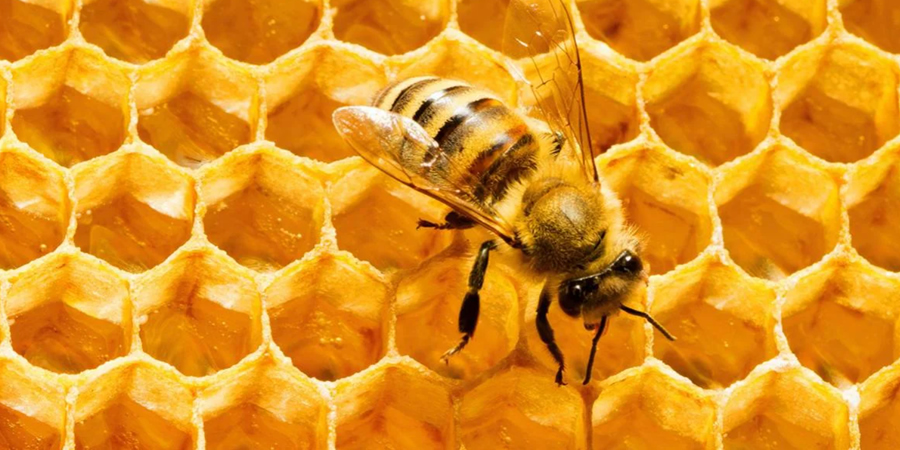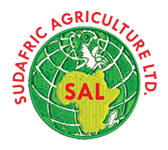Large Scale Bee Keeping

Beekeeping is concerned with the practical management of social bee species, often within farming systems, and significantly contributes to food and nutrition security, poverty alleviation and economic growth.
Environment:
The external environment, including environmental parameters and biodiversity, constitute the “external” factors that may influence aspects such as foraging activity, availability of flowering plants, physical stressors and ultimately, the products and the services provided by bees. These external factors include the natural environment (climate conditions). The quality and quantity of nectar and pollen sources and the diversity of the plants available to bees are fundamental to the success of bee-keeping systems and are, in some cases, able to be influenced and managed by human interventions.
Genetics:
Bee genetics are a critical factor for production, health, and sustainability of beekeeping systems. Other than choosing local bees that can cope with the natural and managed environment, certain characteristics can be improved by breeding activities. For this reason, the conservation of indigenous bee species and local genetic diversity is important to the long-term viability of bee species and beekeeping enterprises. Locally adapted stock may also be better suited to specific environmental pressures and so more productive and sustainable in these environmental systems than introduced bee species or genotypes. In most cases, authocthonous bees should be favoured over allochthonous
